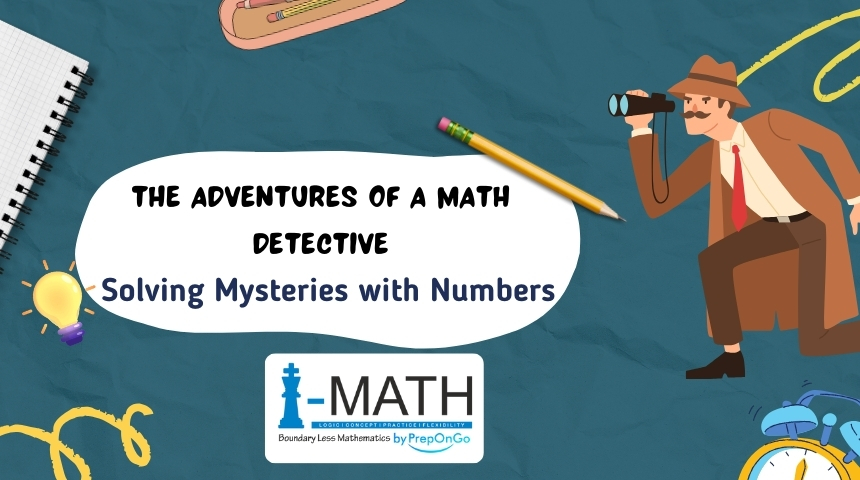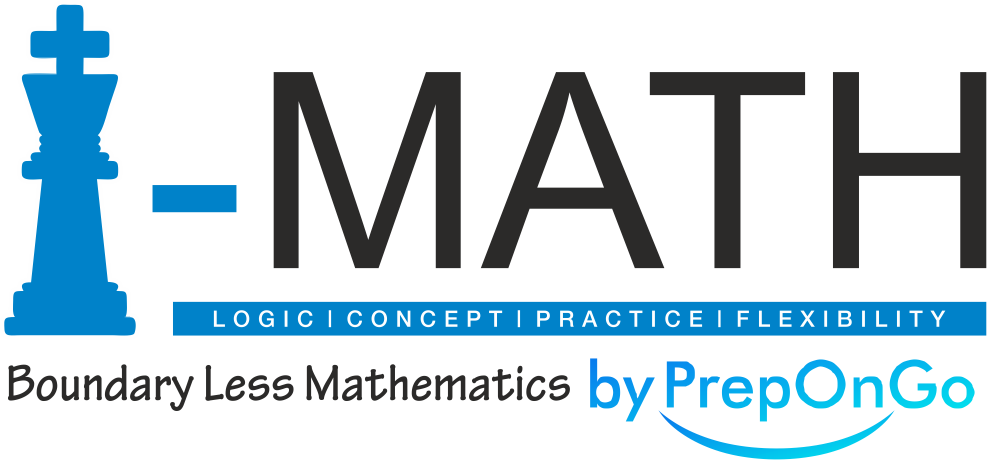The Adventures of a Math Detective: Solving Mysteries with Numbers

Imagine a world where math isn’t just about numbers and equations, but a thrilling adventure filled with puzzles, secrets, and mysteries waiting to be solved. Welcome to the exciting life of a math detective! In this story, we explore how solving mysteries with numbers can be an exhilarating journey that enhances problem-solving skills, logical reasoning, and creativity. Let’s dive into the adventures of a math detective and discover how math can turn everyday challenges into captivating mysteries.
Meet the Math Detective
Our protagonist, Detective Alex, is not your typical detective. Armed with a keen eye for detail and a love for numbers, Alex uses mathematical skills to crack cases that leave others stumped. From decoding secret messages to uncovering hidden patterns, Alex shows that solving mysteries with numbers can lead to surprising and rewarding discoveries.
Case 1: The Missing Treasure Map
The Clue: A Set of Coordinates
One day, Alex receives a mysterious envelope containing a set of coordinates. The note inside reads, “Find the treasure where the X marks the spot.” To solve this mystery, Alex needs to use knowledge of geometry and coordinate systems.
Solving the Mystery
By plotting the coordinates on a grid, Alex identifies the location of the hidden treasure. Each coordinate corresponds to a specific point on the map, forming a shape that reveals the treasure’s exact spot. This adventure demonstrates how math can be used in real-life applications such as navigation and cartography.
Case 2: The Coded Message
The Clue: A String of Numbers
In another thrilling case, Alex encounters a series of numbers that appear to be a code: 3, 1, 4, 1, 5, 9. These numbers seem familiar, but their meaning is unclear.
Solving the Mystery
Alex recognizes the sequence as the digits of Pi (π). By applying knowledge of this mathematical constant, Alex deciphers the code, which leads to a hidden message. This case highlights the importance of mathematical constants and sequences in solving puzzles.
Case 3: The Pattern Puzzle
The Clue: A Sequence of Shapes
A perplexing puzzle involves a sequence of shapes: circle, triangle, square, circle, triangle, __? The challenge is to determine the next shape in the sequence.
Solving the Mystery
Alex identifies the repeating pattern and concludes that the next shape is a square. This adventure emphasizes pattern recognition and logical thinking, essential skills for any math detective.
Case 4: The Time-Traveling Clock
The Clue: A Mysterious Clock
Alex discovers an ancient clock with a peculiar arrangement of numbers. The numbers are out of order, and the clock’s hands point to 3 and 7, but it doesn’t seem to tell time correctly.
Solving the Mystery
By analyzing the clock’s mechanism and applying principles of number theory, Alex realizes the numbers represent a code. By reordering the numbers based on a mathematical sequence, Alex deciphers the correct time, solving the mystery of the time-traveling clock.
How Math Detectives Solve Mysteries
Critical Thinking and Problem-Solving
Math detectives like Alex use critical thinking to analyze clues and solve problems. They break down complex puzzles into manageable parts and apply mathematical principles to find solutions.
Logical Reasoning
Logical reasoning is crucial for making connections between different pieces of information. Math detectives identify patterns, sequences, and relationships that others might miss.
Creativity and Imagination
Solving mysteries with numbers requires creativity and imagination. Math detectives think outside the box, using innovative approaches to decode messages and uncover hidden truths.
Encouraging Young Math Detectives
Interactive Math Games
Encourage young learners to become math detectives by engaging them with interactive math games and puzzles. These activities make learning math fun and exciting.
Real-Life Applications
Show kids how math is used in everyday life. Whether it’s through treasure hunts, coded messages, or pattern puzzles, real-life applications make math relevant and interesting.
Storytelling and Adventures
Incorporate storytelling into math lessons. Creating adventures and mysteries to solve helps children see math as an exciting tool for discovery and problem-solving.
Conclusion
The adventures of a math detective demonstrate that solving mysteries with numbers can be an enthralling and educational experience. By using critical thinking, logical reasoning, and creativity, math detectives unlock the secrets of the world around them. Encourage young learners to embrace the role of a math detective, and watch as they develop a passion for solving mysteries with numbers, turning everyday challenges into exciting mathematical adventures.




